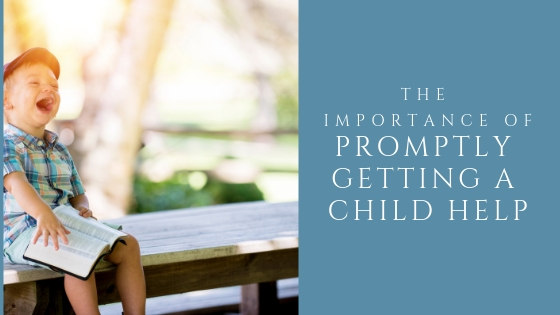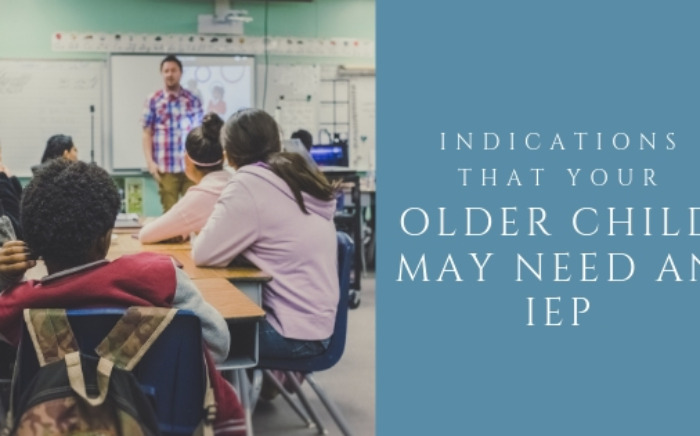Every child exhibits negative behaviors from time to time. But when does a child’s behavior give rise to genuine concern? When it is reported that the behaviors are occurring in different environments (at home, at school and elsewhere), or is happening often. When your child is exhibiting negative behaviors in school more often than not, there is likely a deeper issue that needs assessment. It’s time to get your child the help and resources he needs so that he can be successful in school.
In order to best help a child who is exhibiting negative behaviors, your school district should evaluate your child and offer a “Functional Behavior Assessment” (“FBA”) to determine what is the “function” of the behavior. Is your child trying to escape demands? Is your child attention seeking? Does your child have a learning disability and he is trying to disguise it by his negative behavior? What triggers the behavior? These questions are important to answer as the behavior is not the problem, but rather a symptom of an underlying problem. Understanding what the problem is should then guide you and your school district in developing a plan to help your child be successful. You and your school district should work to get your child help as soon as possible. If your child does not already have an IEP (an Individualized Education Plan), perhaps he needs one, now. Making sure a child has an IEP and implementing it promptly allows a child the opportunity to start behaving appropriately so that he may now learn more effectively and will help prevent further consequences. Here are a few of the reasons it’s important to not ignore or wait to get your child help once he is identified as a behavioral problem.
Start a Successful Education
For students who are routinely struggling in school, being able to finally get the assistance and resources they need means they can start making meaningful educational progress leading to success. An appropriate education is vitally important for any student, so we should aim to help each student receive the education he or she needs. The sooner a student is accessing an appropriate education, the more he will learn and be successful.
Prevent Negative Associations
When students have negative feelings toward school because they find it difficult to learn, it leads to a general feeling of negativity and anxiety around school and education. Promptly identifying the problem and then finding help for a child means that these negative associations are less likely to develop and prevent children from enjoying and participating in their education.
An IEP is a “Mandate”
Once a student has an IEP, it means the school is mandated to provide the services and educational program developed in the IEP and to help the student meet the goals that have been developed at an IEP meeting with you, the parents. The IEP itself notifies the teachers and administrators what assistance and resources your child needs, and the school district is now legally obligated to provide your child with the program that has been designed specifically for him. (Without an IEP, there is no legal “mandate”). You should be active (and not passive) and request that your child’s school regularly send you “IEP progress reports” so that you know how your child is progressing with the goals that are in the IEP.
Greater Self Esteem
When students are able to learn instead of constantly struggling in school, they develop greater and healthier self esteem. Children need to feel good about themselves and learning in order to be successful and make progress. Getting a child the help he needs, sooner rather than later, is critical. Instead of your child feeling like a failure, with the appropriate interventions and resources that support your child and facilitate learning, your child will feel and be successful.
Children are Individuals
Overall, every student is an individual. Many people look at students with special education needs as a group to lump together or issues in the classroom that are holding back other students. A student with a behavioral/learning issue deserves an education just as much as a “star” or “model” student who finds school incredibly easy. Treating every student as an individual and working to find a way he can best learn is our most important goal.



